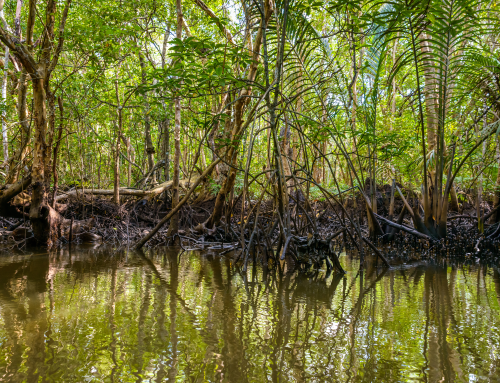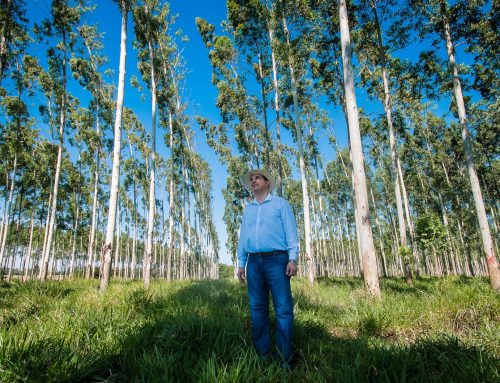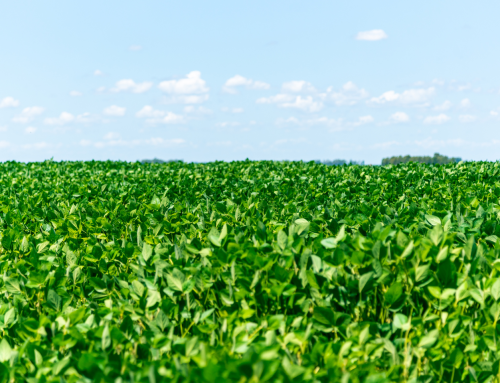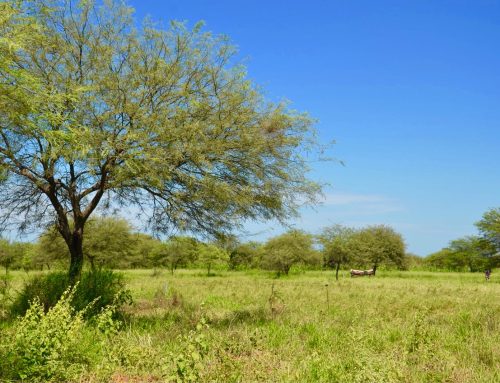As the international leader of palm oil production, Indonesia plays an important role in mitigating the environmental impacts of this sector and ensuring a sustainable product for consumers around the world. Since 2000, Indonesia has lost more than 3.1 million hectares of its forests due to oil palm expansion. Meanwhile, the global demand for palm oil has tripled in the past 15 years, even though it is one of the major drivers of tropical deforestation. These forests are a habitat for wild elephants, tigers, orangutans and other species which must be protected. But much of their habitat is being turned into smallholder oil palm plantations to meet this increased global demand.
Through support from the Good Growth Partnership (GGP), the Government of Indonesia has established the Indonesian Sustainable Palm Oil Platform (FoKSBI) that provides a neutral space for stakeholder to have transparent dialogues and decide common goals to increase the sustainability of Indonesia’s palm oil sector.
A National Action Plan for Sustainable Palm Oil has been developed through FoKSBI’s work.
The Good Growth Partnership works together with the governments of Pelalawan, Sintang and South Tapanuli districts as well as CSOs and companies to develop and implement integrated, equitable and inclusive land use planning approaches to reduce, if not eliminate deforestation from palm oil supply chains in the three districts.
Furthermore, through training provided by the GGP, farmers increase the productivity of their land and work towards joining global markets.
As part of the GGP’s programming, farmers with small plots of land (smallholders) are being trained in new methods to cultivate and harvest oil palm more sustainably. These smallholders are an important part of increasing the sustainability of the palm oil in Indonesia, as they represent 41% of palm oil plantations in the country. This training is essential for smallholders to improve their practices and eventually meet ISPO and RSPO certifications, opening themselves to global markets.
This training also increases the productivity of the land that is currently being used for cultivation. For Ummi Kalsum, a Farmer Extension Officer who trains smallholders, the increased productivity on already cultivated lands means that “farmers do not need to open more land, so that our forests are protected, and remain stable”. This reduces deforestation and helps to conserve wildlife habitats.
For Wirantno, the Director General of Natural Resources and Ecosystem Conservation at the Ministry of Environment and Forestry, wildlife and ecosystem management are not only a matter of conservation, “it requires cooperation, communication and collaboration across parties, such as governments, CSOs and universities.”
The work of the GGP and FoKSBI to create the National Action Plan on Sustainable Palm Oil serves as an example of how this cooperation among different stakeholders can bring about positive change by increasing the sustainability of the sector, improving smallholder oil palm plantation productivity and conserving forests.





